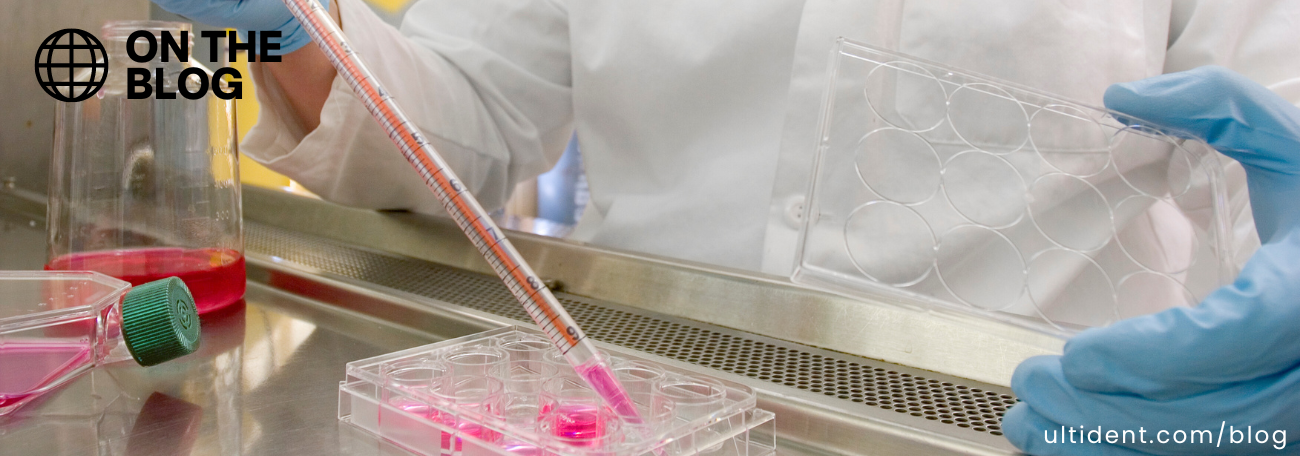Monthly Archives: April 2022
-
4 AprRead more »


What Is CRISPR and How Is It Being Used Today?
What is CRISPR?
CRISPR (Clustered Regularly Interspaced Short Palindromic Repeats) is a gene modifying function that can be used to heal genetic defects, stop the spread of diseases, and enhance the growth and quality of crops. CRISPR is different from other gene editing technologies since it can change the DNA of animals, plants, and microorganisms with extremely high precision.
How does CRISPR work?
Essentially, CRISPR works by having an enzyme called Cas9 cut up specific parts of DNA, the Cas9 enzyme acts as molecular scissors that are extremely precise and efficient at targeting specific parts of DNA. Researchers are then able to repair, modify or replace it with new DNA that is healthier, or more efficient at solving the problem at hand. This revolutionized many fields as it enabled researchers to not only tweak, but completely change DNA. With the use of CRISPR, there have been significant breakthroughs





